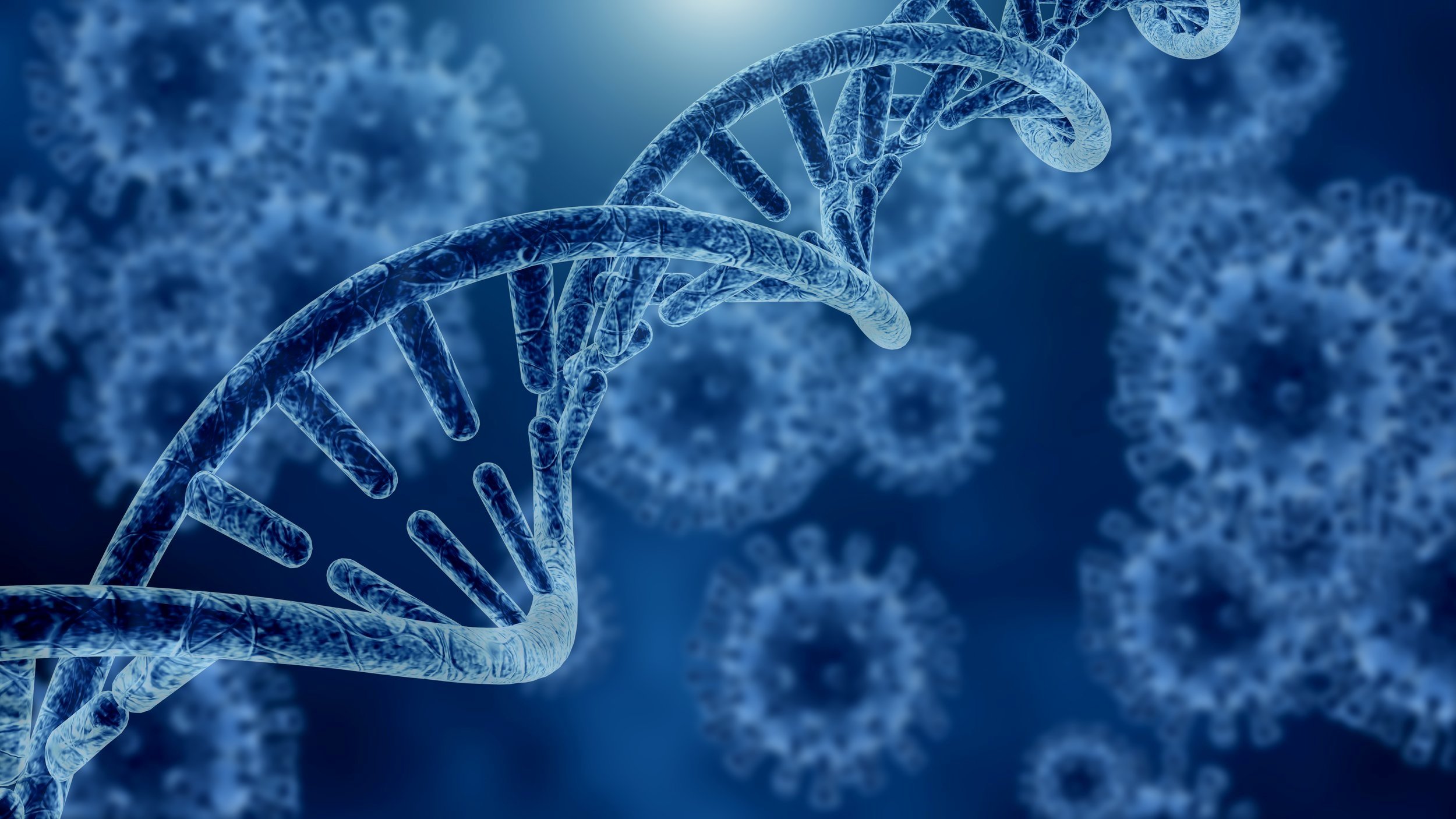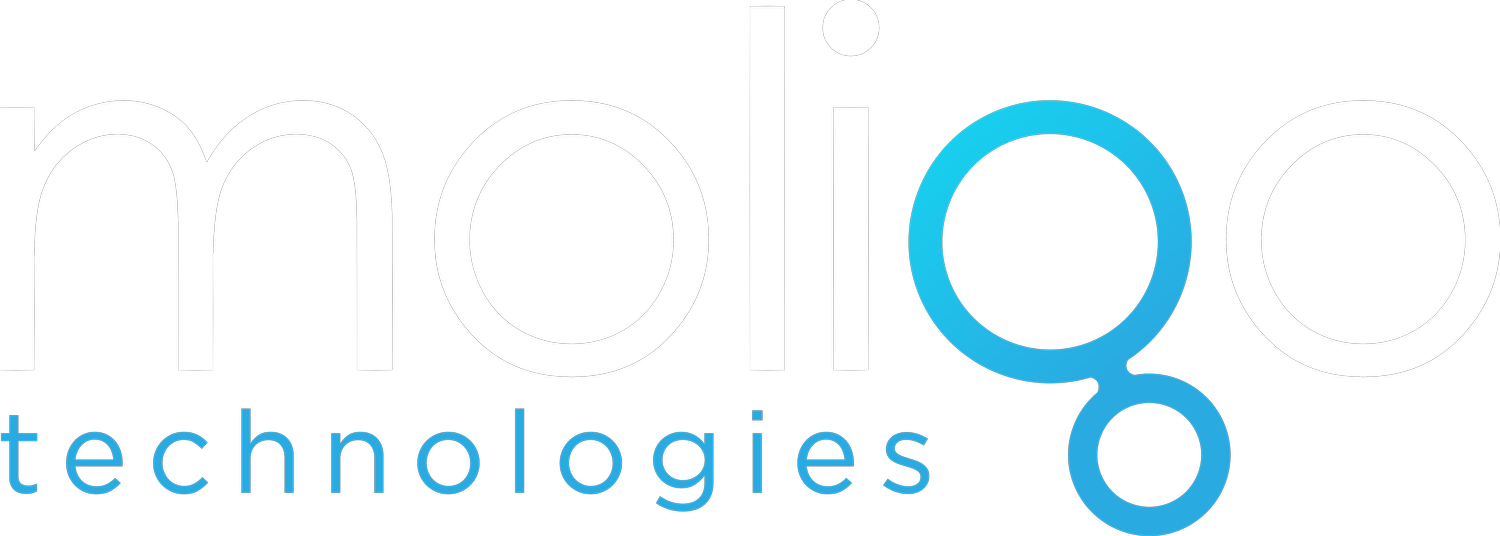
Our Resources

Please see the publications below, from both the Moligo team and other relevant papers
By Moligo
Papers published by our CEO, Cosimo Ducani:
Ducani, C. et al. (2013) ‘Enzymatic production of “monoclonal stoichiometric” single-stranded DNA oligonucleotides’, Nature Methods, 10(7), pp. 647–652. doi:10.1038/nmeth.2503.
Ducani, C. and Högberg, B. (2016) ‘Enzymatic synthesis of single-stranded clonal pure oligonucleotides’, Methods in Molecular Biology, pp. 93–103.
doi:10.1007/978-1-4939-6343-0_7.
By Other Authors
Quotes and citations from papers relevant to the use of ssDNA
“While the ssDNA repair template requires shorter homology arms and is inserted at a very high efficiency, the dsDNA repair template requires long homology arms and is inserted with much lower efficiency.” Miura H., et al., Sci. Rep 2015 Aug 5;5:12799. doi: 10.1038/srep12799.
“[...] long ssDNA donors (instead of dsDNAs) are central to obtaining consistently higher success in CRISPR animal genome engineering.” Quadros R.M., et al., Genome Biol. 2017 May 17;18(1):92. doi: 10.1186/s13059-017-1220-4
“Similar to what has been described with viral HDR templates, we found evidence to suggest that double-stranded templates could integrate independent of target homology, albeit at low rates. These rare events could be reduced almost completely by using single-stranded DNA (ssDNA) templates." Roth T.L., et al. Nature 2018 Jul;559(7714):405-409. doi: 10.1038/s41586-018-0326-5.
“ssCTS templates increased knock-in efficiency, live cell counts and absolute yield of knock-in cells across all primary human cell types evaluated here including CD4+ T cells, CD8+ T cells, regulatory T cells (Treg), NK cells, B cells, CD34+ HSCs and gamma-delta T cells (γδ).” Shy B.R, et al., Nat Biotechnol. 2022 Aug 25. doi: 10.1038/s41587-022-01418-8.
Get in Touch
Our capabilities are second to none. Get in touch with us to find out how our ssDNA could help your organization.

